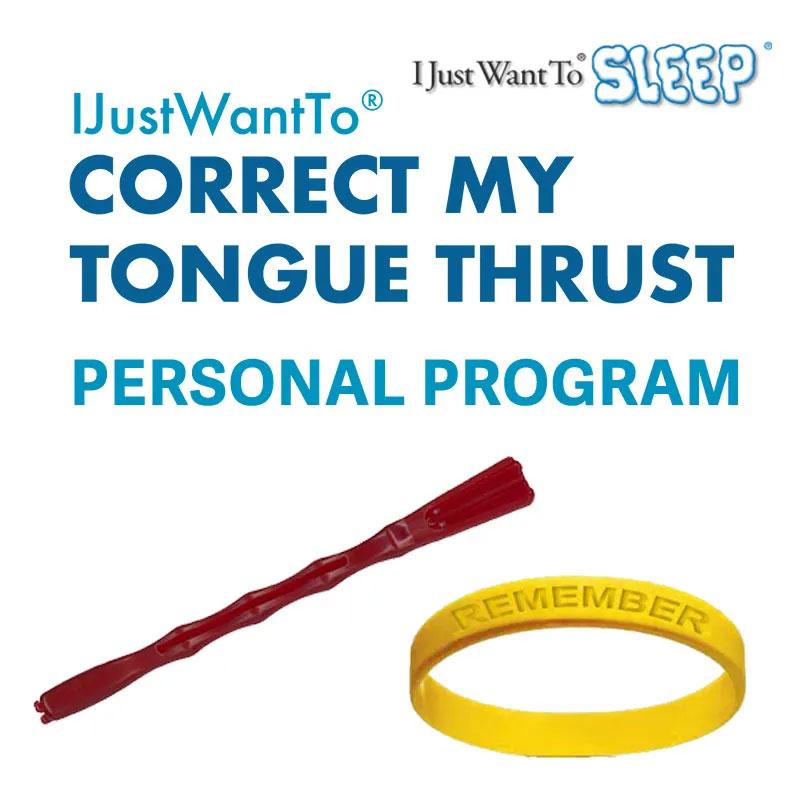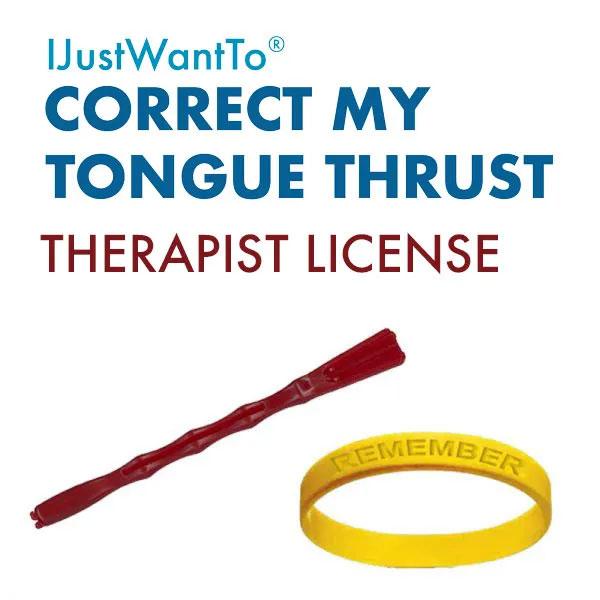When your child snores, it's more than just a noisy sleep habit - it can affect their health, behavior, and academic performance. According to research, 12% of children between ages 1-9 experience habitual snoring. This comprehensive guide explores effective solutions for child snoring, backed by clinical research and real family experiences.
Understanding Child Snoring
Key Statistics:
- 69% of children experience sleep-related problems
- 81% of ADHD cases might be linked to sleep-disordered breathing
- Only 28% of school-aged children are asked about snoring by healthcare providers
Impact of Child Snoring
Research shows snoring can affect children in numerous ways:
Academic Performance
- 4x more likely to struggle with math, science, and spelling
- Difficulty concentrating in class
- Increased risk of learning problems
- Poor academic achievement
Behavioral Effects
- Hyperactivity
- Irritability
- Aggression
- Difficulty listening to parents and teachers
- Morning grogginess
- Daytime sleepiness
Physical Impact
- Poor growth
- Morning headaches
- Dry mouth
- Nighttime cough
- Difficulty waking up
- Night sweats
Natural Solutions That Work
Natural, exercise-based approaches have shown remarkable success rates in treating childhood snoring. Here's what parents report:
"Because of your treatment, he is sleeping better, concentrating better in school and is just generally a happier little boy." - Marjorie G., mother of an 8-year-old
Success Indicators
Children typically experience:
- Improved sleep quality within weeks
- Better academic performance
- Enhanced mood and behavior
- Increased daytime energy
- Reduced morning symptoms
Evidence-Based Treatment Approach
Effective solutions focus on:
1. Proper Tongue Positioning
- Training correct resting position
- Strengthening exercises
- Breathing pattern development
2. Progressive Exercise Program
- Age-appropriate exercises
- Daily practice routines
- Professional guidance
- Parent involvement
3. Consistent Monitoring
- Track sleep patterns
- Record improvements
- Note behavioral changes
- Monitor academic progress
Parent Success Stories
"Her snoring behavior is almost non-existent... Her concentration has improved, and she carries herself differently." - Melodie M., mother of an 8-year-old
Implementation Guide for Parents
Daily Routine
- Morning exercises (5 minutes)
- Evening practice (5 minutes)
- Consistent bedtime routine
- Regular progress checks
Signs of Improvement
Look for:
- Quieter sleep
- Easier morning wake-ups
- Better mood
- Improved focus
- Enhanced academic performance
Age-Appropriate Solutions
For Children 8 and Older:
- Structured exercise programs
- Regular practice routines
- Progress tracking
- Parent participation
Professional Guidance
Expert oversight ensures:
- Proper technique
- Age-appropriate modifications
- Optimal results
- Safe progression
Tips for Success
- Make exercises fun and engaging
- Create consistent routines
- Celebrate improvements
- Stay patient with progress
- Maintain regular practice
Long-Term Benefits
Parents report lasting improvements in:
- Sleep quality
- Academic performance
- Behavior and mood
- Overall health
- Family rest
Getting Started
Begin with:
- Professional evaluation
- Age-appropriate program selection
- Consistent practice schedule
- Regular progress monitoring
- Family support system
Important Considerations
Remember:
- Results require consistency
- Each child progresses differently
- Maintain regular practice
- Monitor improvements
- Celebrate progress
When to Seek Additional Help
Consult healthcare providers if your child:
- Shows signs of sleep apnea
- Has difficulty breathing
- Experiences daytime sleepiness
- Shows behavioral changes
- Struggles academically
Success Metrics
Clinical studies show:
- 94% success rate in reducing snoring
- Improvements within 3-7 weeks
- Long-lasting results with maintenance
- Enhanced overall well-being
Purchase Online and Start Today!
Conclusion
Child snoring is a treatable condition that responds well to natural, exercise-based solutions. With proper guidance, consistency, and family support, children can achieve better sleep and improved daily function.
[Note: This information is educational. Consult healthcare providers for proper evaluation of sleep disorders in children.]

